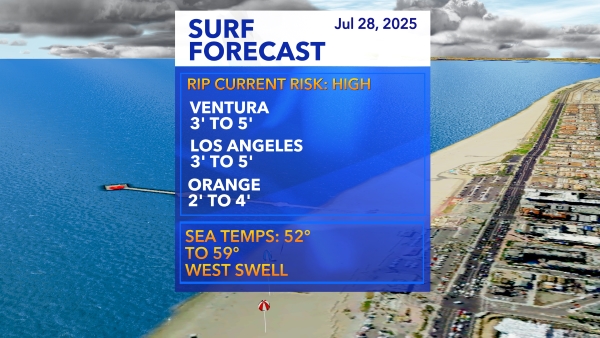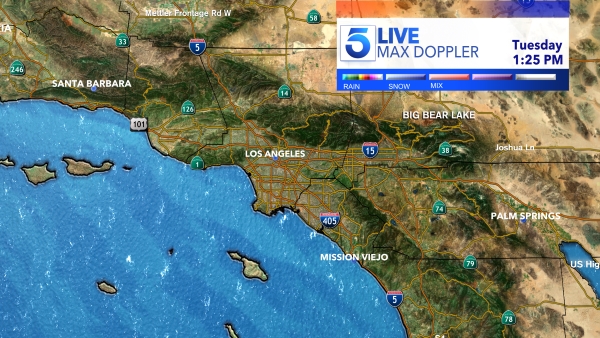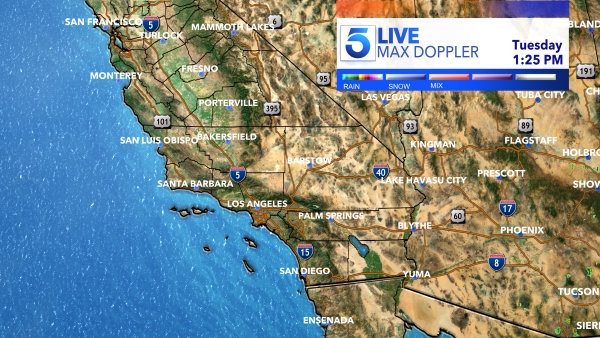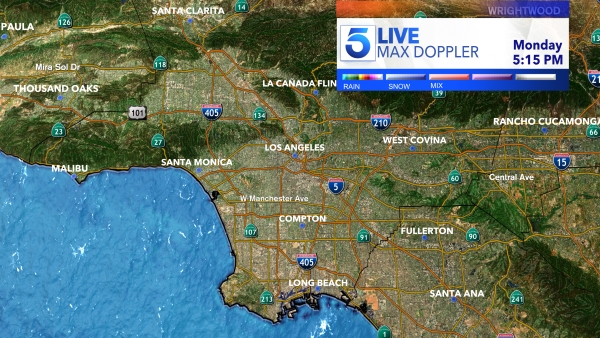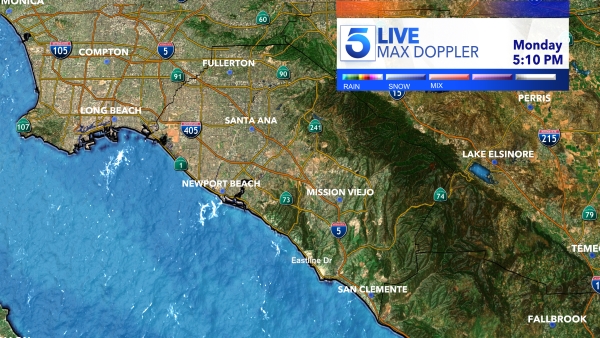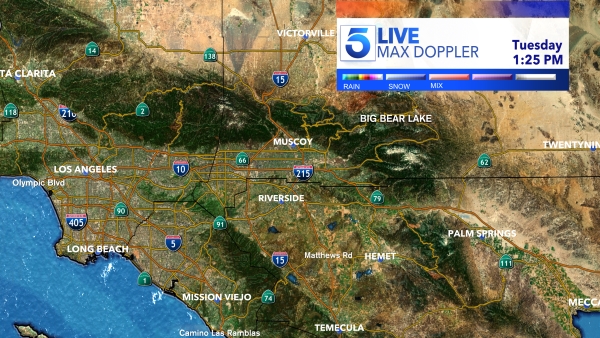It may seem like the most natural thing to do, even a great use of rain water: collecting it. But did you know it could be illegal to do it in your state?
While collecting rainwater is not federally illegal, many states have restrictions in place, and water laws are primarily handled on the state level. Alternatively, some states even offer incentives for those who collect rainwater.
Where are there rainwater collection restrictions?
States that have some level of rainwater collection restrictions include: Arkansas, California, Colorado, Georgia, Illinois, Nevada, North Carolina, Ohio, Oregon, Rhode Island, Texas, Utah, Virginia, Washington, and Wisconsin.
Kansas and North Dakota may require a permit to harvest rainwater. In all states not listed above, it is legal to collect rainwater.
The World Water Reserve published a full state-by-state guide to explain which states are and aren’t allowed to harvest rainwater. The U.S. Department of Energy also has an interactive Rainwater Harvesting Regulations map to help residents figure out if it’s OK to fill up a barrel or a bucket.
Why do some states restrict water collection?
Since water availability varies greatly throughout the U.S., each state needs to adjust its water use practices based on its climate. According to WWR, most states follow the reasonable use doctrine to determine restricts; the doctrine states that “anyone who has a right to the water can reasonably use it for their own benefit as long as it doesn’t restrict the rights of others to use it as well.”
The main reason some states restrict collection is that too much rainwater harvesting can disrupt the cycle of rainfall seeping back into the earth. It is recommended to check your state’s laws regarding water use for further details.
In 2012, California passed the Rainwater Capture Act, which made it legal to collect rainwater as long as you comply with State Water Resources Board requirements.
Collecting rain from your rooftop is fine and even encouraged.
Doing so reduces “demand on streams and reduce(s) water quality problems associated with stormwater runoff,” the Water Board states.
Other methods, like pumping groundwater may require notification or a permit.
Why collect rainwater?
As explained by the Centers for Disease Control and Prevention, there are many practical uses for rainwater, including watering plants that aren’t intended to be food.
While rainwater can potentially be used for bathing and even drinking, the CDC warns that you should never assume rainwater is safe to consume since it can naturally contain germs and other contaminants.
In general, it’s recommended you don’t use or consume it if you have another option.
Nevertheless, the CDC explains there are options to help make rainwater safer, including filtration systems, chemical disinfection and boiling.
Mosquitoes
Another risk to be aware of when collecting or storing any rainwater is that the container could become a mosquito breeding site. As explained by North Carolina State University, adult female mosquitoes can lay eggs in even small amounts of standing water. Eggs only need about 24-48 hours to hatch.
Steps to prevent this include placing a screen over the water inlet and emptying containers at least every 10 days, the CDC says. NC State University also recommends that those who use rainwater harvesting systems (RWH) systems make sure entry points are tightly fitted and/or sealed and even have extra design implements that prevent overflow.
